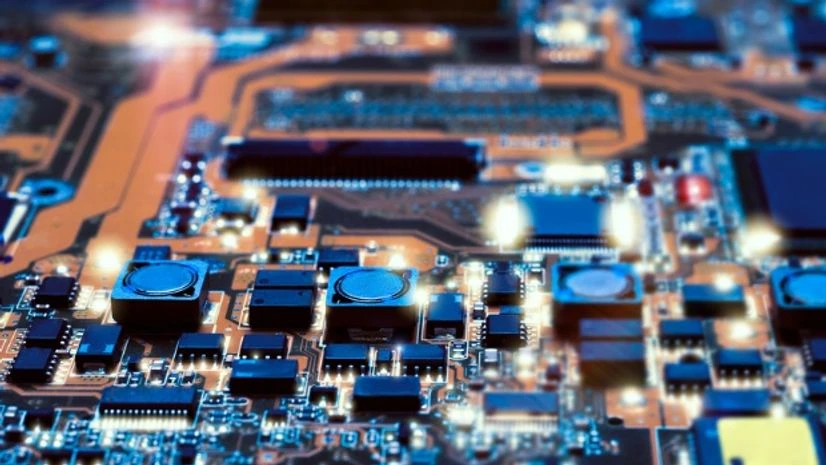Major electronics goods manufacturers in the country have started taking measures to curb hazardous e-wastes as the government rule on curbing e-waste in the country kicks in on October 1. Samsung, LG, Videocon, Panasonic, Whirlpool and Voltas are tying up with authorised recyclers and are expected to submit comprehensive plans to the environment ministry by the end of the year.
The E-Waste (Management) Rules, 2016, formulated by the Ministry of Environment, Forest and Climate Change, requires producers of electronic goods in India to lay out a mechanism for recycling e-waste by December 31, 2016. It also lays out steps to increase the responsibility of producers in processing waste generated from their products manufactured and sold locally.
To streamline the process and set up an organised mechanism to manage e-waste in the country, the government is planning to bring traditional waste managers – the kabaddi wallah – on board. The Ministry of Skill Development & Entrepreneurship has laid out a plan under the Pradhan Mantri Kaushal Vikash Yojana to skill 300,000 kabaddi wallahs in the next 10 years for efficient collection of e-waste.
According to a recent report by Assocham, some 1.8 million tonnes (mt) of e-waste is generated in India every year, which is estimated to grow up to 5.2 mt by 2020.
"Managing e-waste is a large-scale operation, which requires various agencies and cannot be handled by the manufacturers alone. Major recyclers and kabadi-wallahs will have to play a crucial role, with companies, through their own systems. Kabadi-wallahs will collect and hand the waste to recyclers who will process wastes," an environment ministry official said.
The country’s largest consumer durable firm, Samsung India, has launched a collection and recycling programme, a company spokesperson said. "We created a network of collection points across the country, where Samsung’s customers are encouraged to dispose of their discarded electronic products. For this, the company has partnered with an e-waste recycler."
More From This Section
Firms such as Whirlpool, Videocon, Panasonic and Voltas have already tied up with recyclers. "We have also made it mandatory for our suppliers to recycle and dispose of the inoperative products through their authorised recyclers," said Abhijit Kotnis, chief manufacturing officer at Videocon.
"We are in touch with the government regarding implementation of the same," said Niladri Datta, head (corporate marketing) at LG India. The firm has opened a call centre to disseminate information to its customers on e-waste management.
"We’re working on the same and exploring various options available namely collecting it back ourselves, collecting it through our distribution network or through third parties," said Kamal Nandi, vice-president at Godrej & Boyce.
Industry body Consumer Electronics & Appliances Manufacturers Association (CEAMA) has joined the initiate. "India currently is the fifth largest producer of e–waste in the world. Unfortunately, a mere 1.5 per cent of the total e-waste produced in India is properly recycled. CEAMA is working closely with the industry to create awareness among stakeholders and to improve environmental performance of consumer durables by facilitating its members; not to use harmful substances, promote DFE (design for environment), promote and implement a sound e-waste management system to develop an extended producer responsibility-based ecosystem basis the new regulations", said Manish Sharma, president, CEAMA.
According to industry experts, the capacity of recycling e-waste remains much lower than the total generated waste in the country. Estimates show that currently, recyclers in India have stated capacity of recycling 400,000 tonnes of e-waste.
"While the entire scheme is intended to streamline the process, which will benefit every stakeholder, lower capacity (to recycle waste) remains a concern," said B K Soni, chairman and managing director of e-waste recycling company EcoReco.
A mammoth task
- Major manufacturers rush to lay out plans, tying up with recyclers to manage e-waste
- New rules require producers to submit comprehensive plan on e-waste management by Dec 31, 2016
- Government is planning to include unorganised sector, to skill 300,000 Kabadi-wallahs in 10 years for efficient collection of waste
- About 1.8 million metric tonnes of e-waste generated in India annually; estimated to go up to 5.2 million mt by 2020
- Recyclers to gain as waste management gains pace however capacity remains grossly inadequate

)
